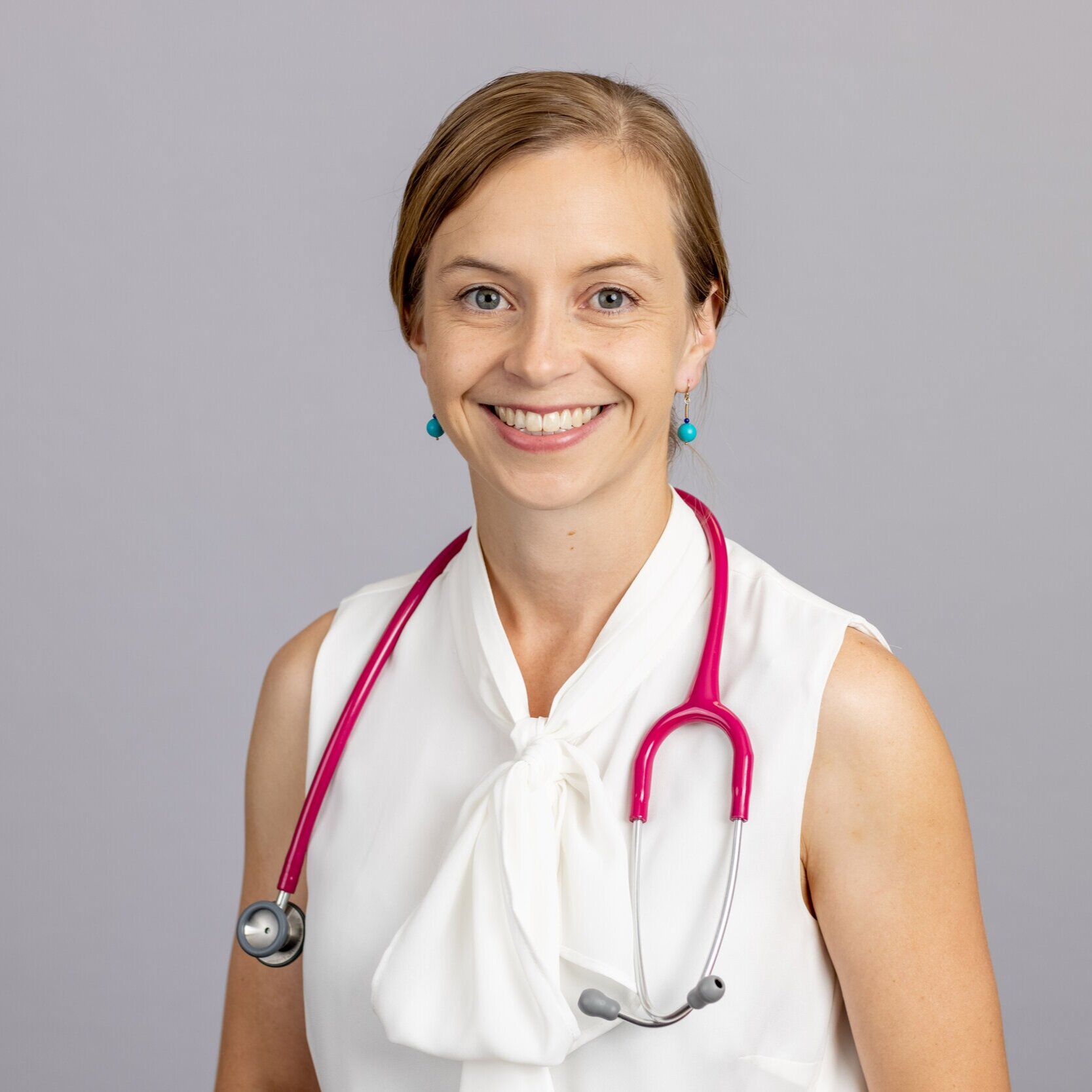Question & Answer with Dr Carla Morley
Dr Carla Morley is a Consultant Paediatrician at Leading Steps Paediatrics.
Each month we answer questions about our paediatricians.
Have a question for one of our paediatricians?
Send an email to reception@leadingsteps.com.au
Q. Why did you choose the Gold Coast to live, work and raise your family?
A. After growing up in Tasmania, working in Melbourne, Sydney and Brisbane, when it came down to it, I just didn’t want to live anywhere else but the Gold Coast.
We are lucky to have the perfect mix of beautiful beaches and lifestyle for raising a family, along with a fantastic team of Paediatricians to work with.
Q. What drew you to medicine, and then Paediatrics?
A. Towards the end of high school, I realised I wanted a job where I could help people in the community. My mum was a fantastic critical care nurse, and I was really inspired by her skills and compassion for her patients.
When I first started Medical school I wanted to be a sports medicine doctor, but when I did my first Paediatric term I loved it and never looked back.
I loved the patients, the medicine and the team in paediatrics.
Q. If you didn’t become a doctor what would you be?
A. A schoolteacher
Q. What tips have helped you keep fit with a busy job and a young family?
A. Do something with a friend so you are accountable and it’s more fun!
Q. Last book you read?
A. ‘Rosie eats spiders’ by Alison Lester to my two-year-old.
Q. Favourite family outing/activity?
A. Currumbin wildlife sanctuary
Q. What book do you enjoy reading to your children?
A. Enos Garden and The Waterhole by Graeme Base
Q. Do you prefer the rainforest hinterland or the beach?
A. Beach, but love the hinterland too, anything outdoors is good.
Q. What has been the most significant change/breakthrough in Paediatrics in the last few decades?
A. Preventing disease with lifesaving immunisations. We are lucky to live in a country where devastating diseases like measles and tetanus are rare due to the development and implementation of vaccinations and routine schedules. As an example - measles causes fevers, runny nose, red eyes, sore throat and cough but can also have serious complications of pneumonia, encephalitis and death. Of people that get measles, hospitalisation rates are often highest in young children.
Due to COVID 19 many other countries around the world have had interruptions to their regular immunisation schedules which is very concerning for the potential for increased incidences of some of these life-threatening diseases, particularly measles. It is important to maintain herd immunity by having as many people in the population vaccinated as possible to reduce the chance of outbreaks.
Q. If you could change anything in Australia for today’s children, what would it be?
A. If I can only suggest one thing it would be providing equal opportunities for children and their families no matter their background, ethnicity, gender, disability or socioeconomic status.
Q. What is your secret skill?
A. Multitasking (or maybe more accurately prioritising). Being a junior doctor helped develop this skill but then becoming a parent of two really helped me refine this!


